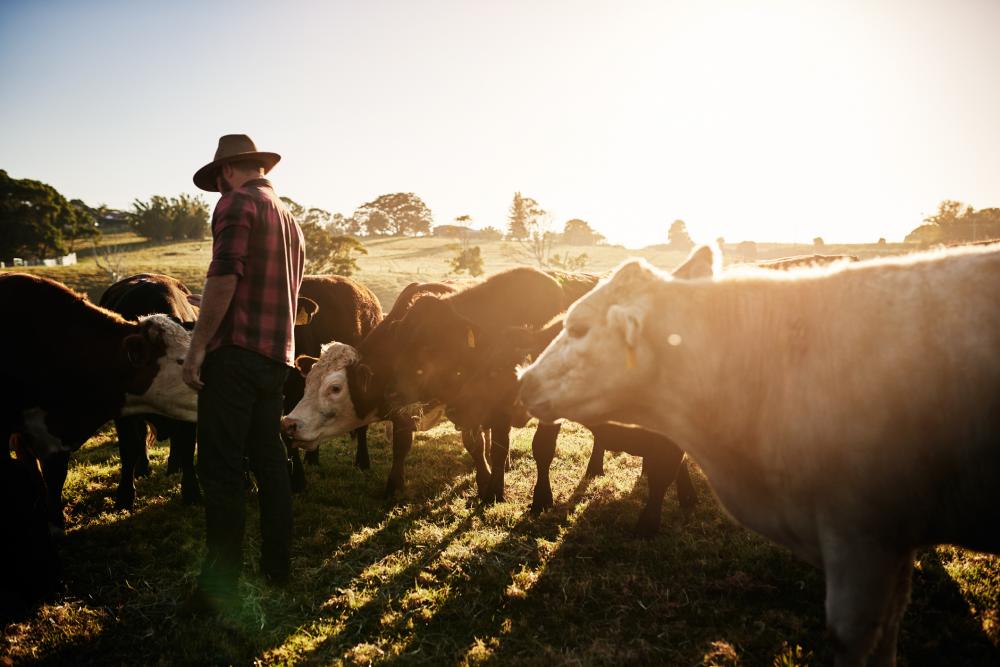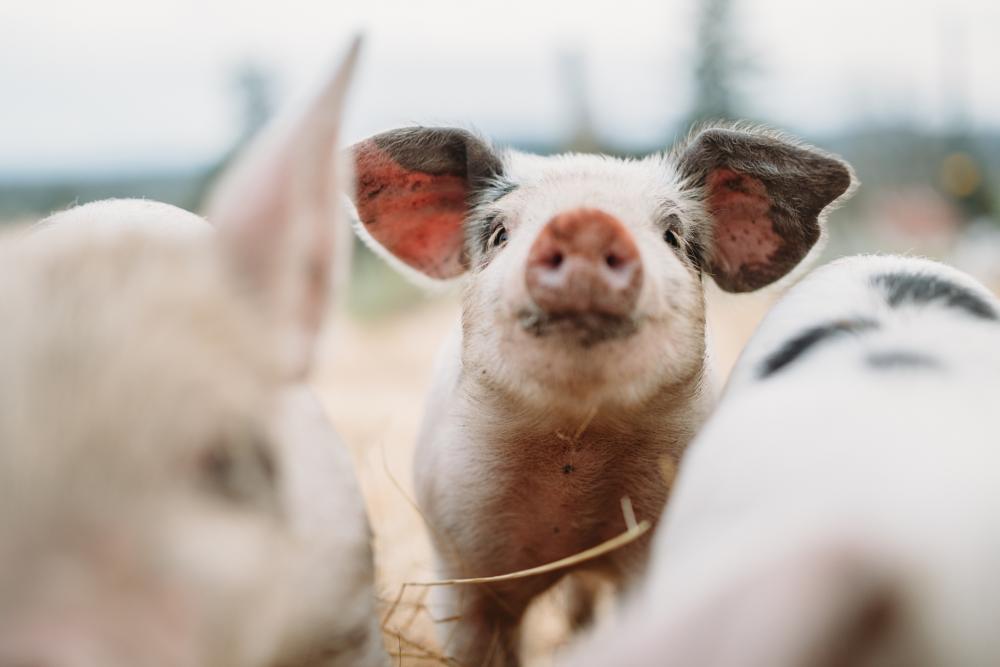2 min Read
Just like children and pets, farm animals from all kinds of farms — big and small, organic and conventional — can come down with infections and viruses.
When one animal gets sick, the disease can quickly pass through a whole herd, like they do through child care centers, offices and schools.
The reality is that there are some very contagious diseases that make livestock sick and currently can’t be prevented with traditional veterinarian medicine or vaccines. These diseases can even be spread by wild animals.
Gene editing offers a potential solution to this problem; the technology could help animals resist some of the most threatening diseases, alleviating unnecessary animal suffering and mortality.
Serious Threats
Like human diseases, animal diseases range in severity. The most serious diseases with no known cure or vaccine, though, can quickly spread through a herd, sickening animals. Some of these diseases include:
Porcine Reproductive and Respiratory Syndrome Virus or PRRS. Each year millions of pigs die from PRRS, a disease that makes it difficult for pigs to breathe and give birth.
Bovine Respiratory Disease. BRD is the most deadly and costly disease affecting cattle worldwide. It affects the respiratory system of cattle, often causing pneumonia in calves.
African Swine Fever. African Swine Fever is a deadly virus with no cure that strikes quickly on pig farms. China is grappling with a major outbreak that farmers around the world are watching — and worrying about spreading.
Potential Solution
Gene editing has the potential of giving animals a better chance to resist these diseases. In the research currently taking place to use gene editing to develop disease resistance in animals, there is no foreign DNA inserted and genes are silenced. This advancement could prevent millions of animals from suffering and help to reduce the use of antibiotics often needed to treat secondary infections in animals that survive these diseases.
Gene editing is “a huge advancement to have new tools to enhance animal welfare,” said Dan Kovich, a veterinarian and the director of science and technology for the National Pork Producers Council.


